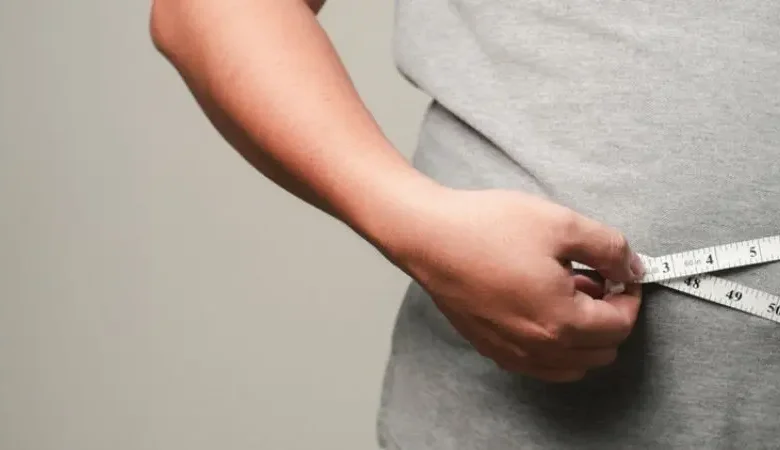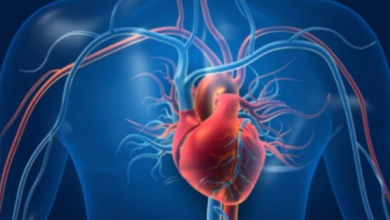Steps to help weight loss when you have low vitamin D

Losing weight when you have low vitamin D can be challenging, as this deficiency can impact energy levels, metabolism, and overall health. However, by following these steps, you can support both weight loss and your vitamin D levels:
1. Increase Vitamin D Intake
- Eat vitamin D-rich foods: Incorporate foods like fatty fish (salmon, mackerel), fortified dairy products, egg yolks, and mushrooms into your diet. These can help boost your vitamin D levels naturally.
- Consider supplements: If your vitamin D levels are too low, your doctor may recommend taking a supplement to help. Adequate vitamin D levels can support your metabolism and fat breakdown.
2. Get Sunlight Exposure
- Spend time outdoors: Sun exposure is one of the best ways to increase vitamin D levels. Try to get at least 15-30 minutes of sunlight each day, especially in the early morning or late afternoon when UV rays are milder.
- Protect your skin: While sunlight is beneficial, don’t forget to protect your skin with sunscreen after sufficient exposure.
3. Focus on a Balanced Diet
- Prioritize lean proteins and vegetables: Protein-rich foods like chicken, turkey, tofu, and legumes help maintain muscle mass while aiding weight loss. Combine with plenty of vegetables for fiber and essential nutrients.
- Limit processed foods and sugars: Processed foods are often high in calories and low in nutrients, making it harder to lose weight. Opt for whole, unprocessed foods.
4. Incorporate Regular Exercise
- Strength training: Building muscle through resistance exercises can help boost metabolism, making it easier to lose weight. Weight training also enhances bone strength, which can be important for those with low vitamin D.
- Cardio exercises: Combine strength training with cardiovascular exercises like walking, swimming, or cycling to burn calories and promote fat loss.
5. Monitor Calcium Levels
- Pair vitamin D with calcium: Vitamin D helps your body absorb calcium, which is crucial for bone health. Make sure you’re getting enough calcium from sources like leafy greens, dairy, or supplements, as this combination may also help with fat loss.
6. Prioritize Sleep
- Aim for 7-9 hours of sleep: Poor sleep can interfere with weight loss by increasing hunger hormones and reducing energy levels. A regular sleep routine supports both your metabolism and overall well-being.
- Improve sleep environment: Ensure your bedroom is cool, dark, and quiet to improve sleep quality, which is essential for healthy weight management.
7. Stay Hydrated
- Drink plenty of water: Staying hydrated helps with digestion and can boost metabolism. Aim for at least 8 cups of water a day, and more if you’re exercising.
8. Consult a Healthcare Provider
- Regular check-ups: Since low vitamin D can affect various aspects of health, consult your doctor regularly to monitor your levels and adjust your weight loss plan accordingly.
Addressing low vitamin D while focusing on a healthy lifestyle can help you achieve your weight loss goals in a sustainable way.










